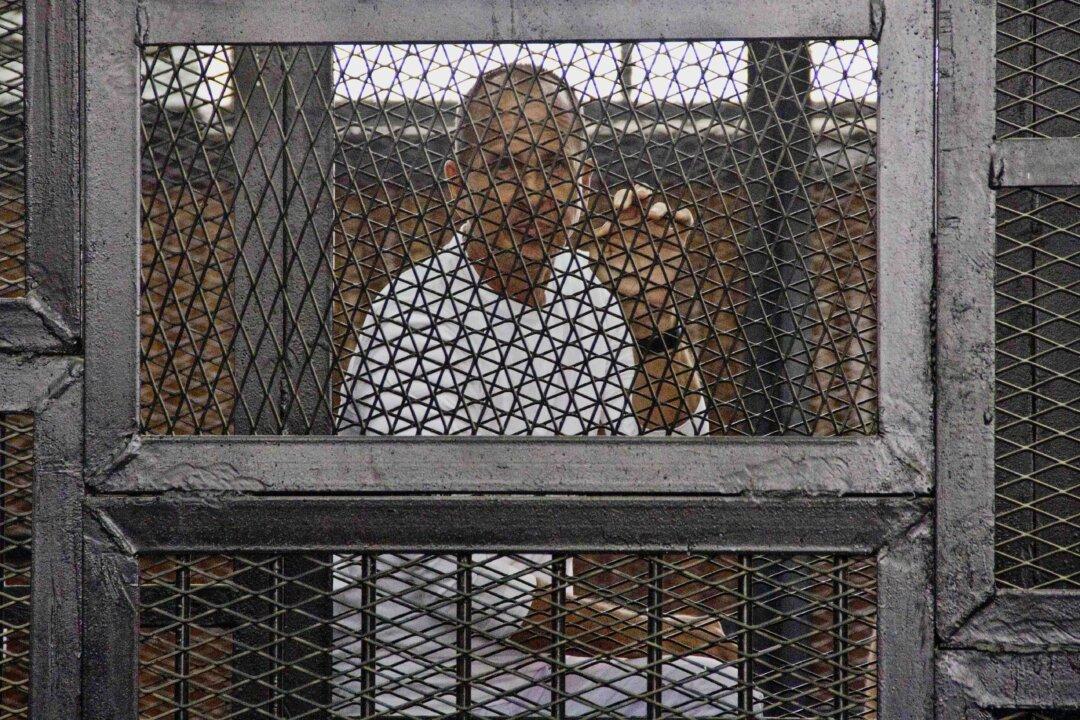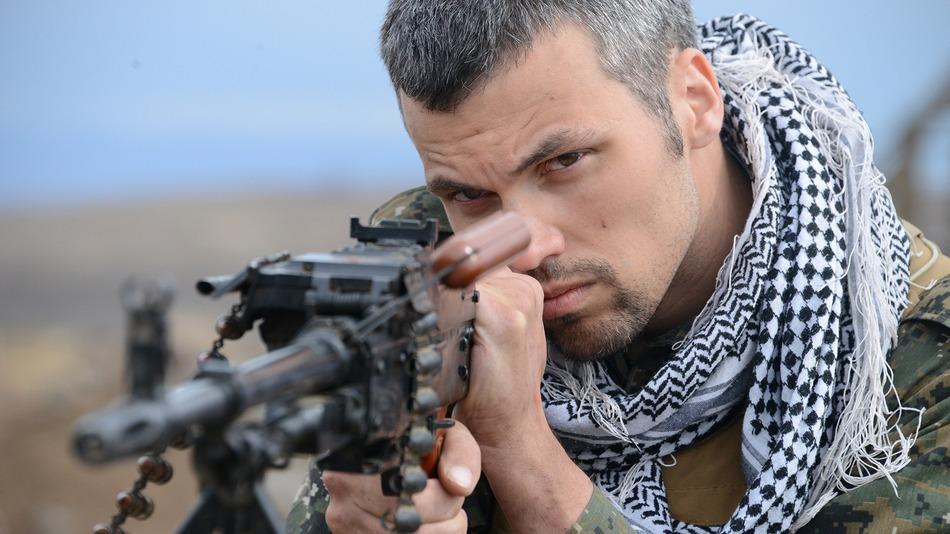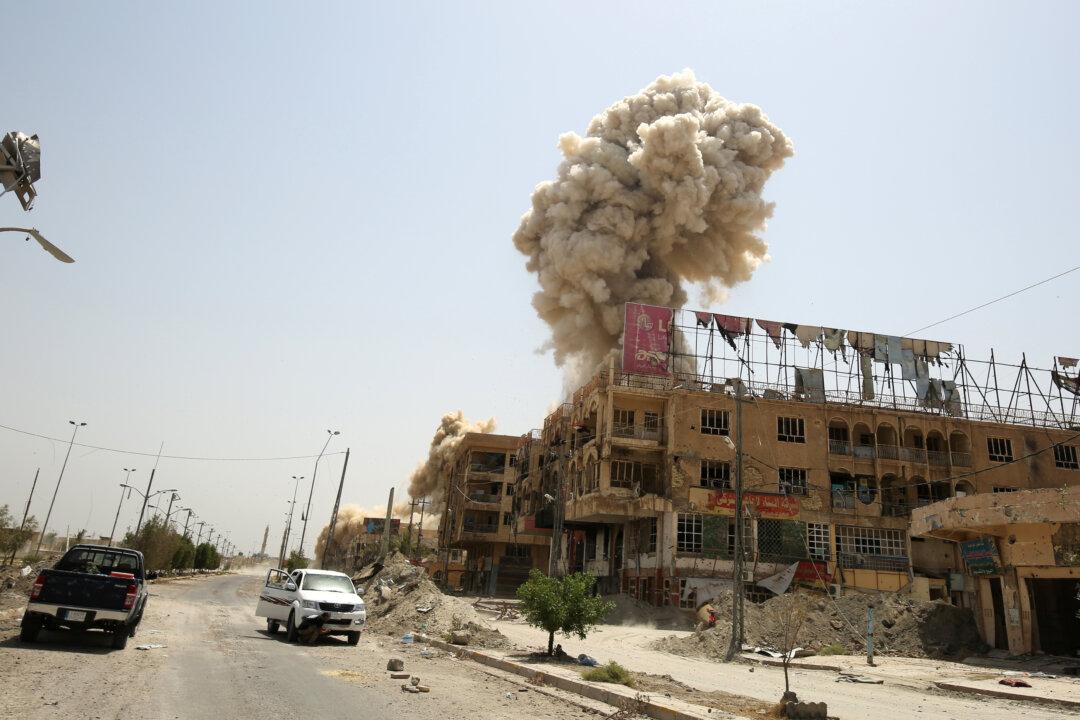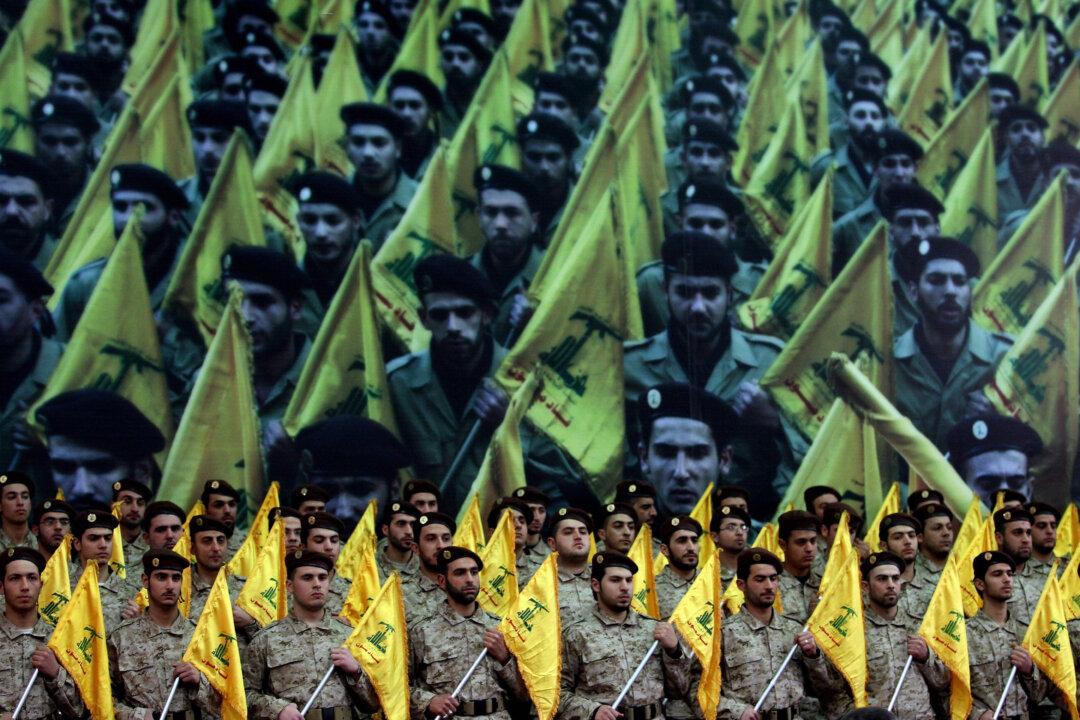JERUSALEM—In the Arab world, being a journalist can be enough to get you thrown in jail. Just ask the staff of the progressive news website Yanair in Cairo. Two of the website’s editors, Amr Badr and Mahmoud al-Sakka, were arrested on May 1. They were jailed and charged with “spreading false news, endangering national security, and organizing illegal protests.”
Journalism a Dangerous Craft in the Arab World
Politics, repression, and wars make reporting in Arab countries risky work

Al-Jazeera's award-winning Australian correspondent Peter Greste is in a defendants' cage in the Police Academy courthouse during a trial on aledged terror charges in Cairo, Egypt, on May 3, 2014. AP Photo/Hamada Elrasam,
|Updated:




